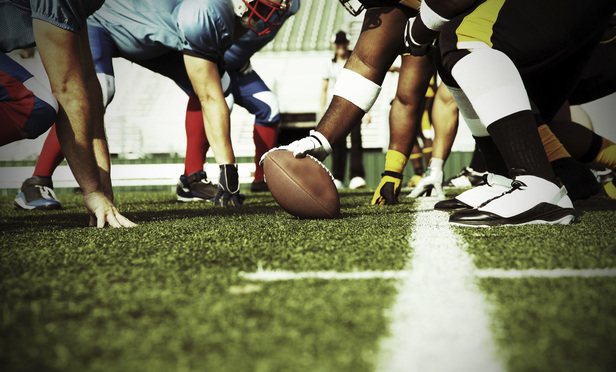With the college football season kicking off, top athletes have their sights set on going professional by becoming an NFL draft pick. Elite players who are projected to be high draft NFL picks but choose to play another year in college often purchase pre-draft insurance policies to protect their value from diminishing due to injury. However, these controversial policies rarely provide adequate coverage and compensation, and several bad-faith lawsuits are currently in litigation.
A college athlete’s ability to remain healthy is arguably the most important factor in maintaining a high draft stock. However, due to the high-impact nature of football, serious injuries are commonplace. Ultimately, a player’s draft position determines his salary amount. In the unfortunate event that a player gets hurt in his final season, his draft stock will likely drop significantly. The lower a player falls in the draft, the less his contract will be worth. For example, the salary difference between the 10th and the 20th picks of the 2016 draft is approximately $5 million. To protect against a potentially substantial decrease in salary due to an injury throughout the course of the season, players are electing to obtain “loss-of-value” insurance policies, which are typically purchased as riders to disability insurance.
This content has been archived. It is available through our partners, LexisNexis® and Bloomberg Law.
To view this content, please continue to their sites.
Not a Lexis Subscriber?
Subscribe Now
Not a Bloomberg Law Subscriber?
Subscribe Now
LexisNexis® and Bloomberg Law are third party online distributors of the broad collection of current and archived versions of ALM's legal news publications. LexisNexis® and Bloomberg Law customers are able to access and use ALM's content, including content from the National Law Journal, The American Lawyer, Legaltech News, The New York Law Journal, and Corporate Counsel, as well as other sources of legal information.
For questions call 1-877-256-2472 or contact us at [email protected]



